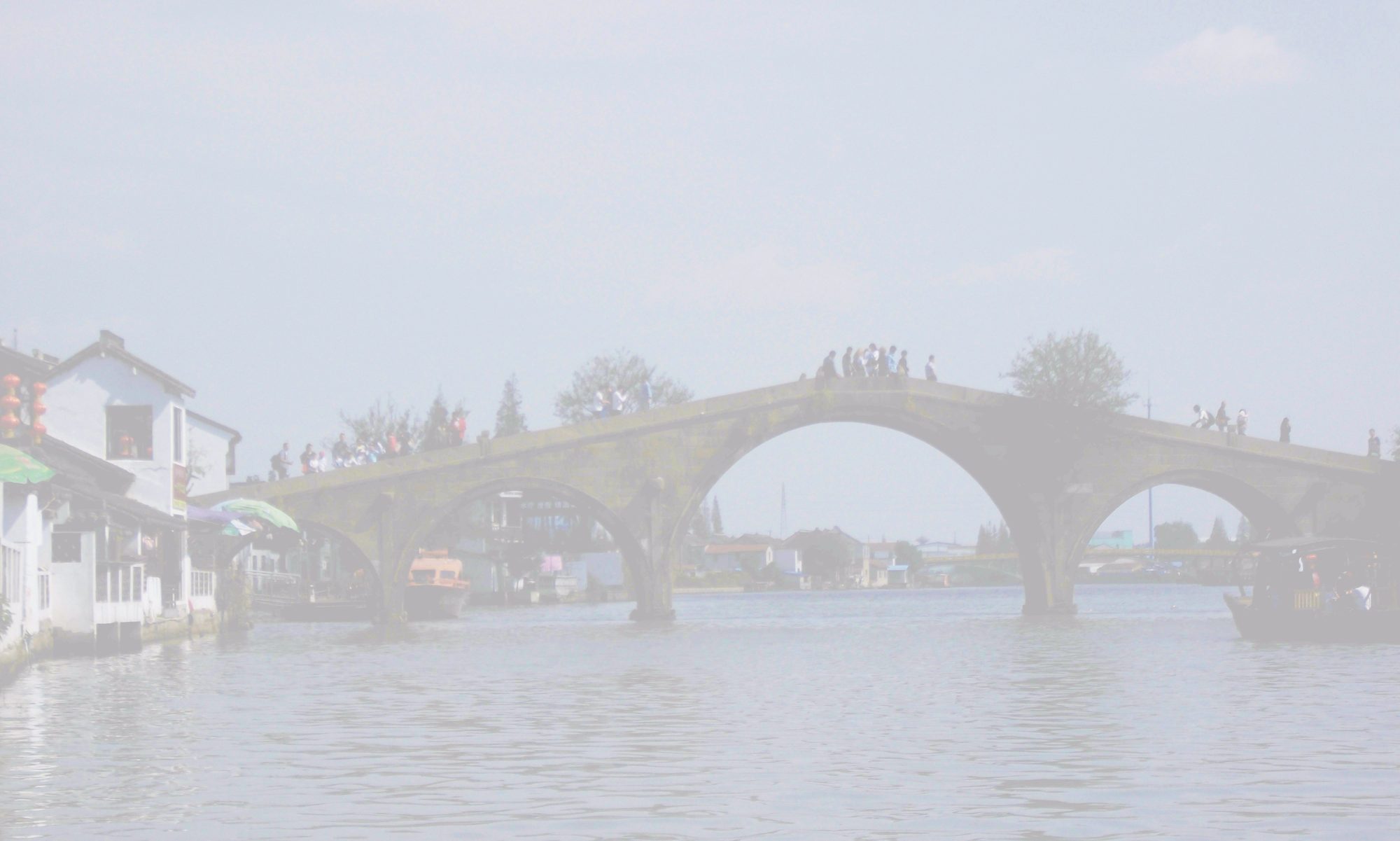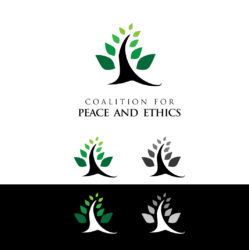“Due Diligence” is rapidly becoming a powerful tool in efforts to embed human rights and sustainability norms law in the activities and decision-making processes of economic actors–corporations, financial institutions, and other entities. In proposing a Directive on Corporate Sustainability Due Diligence, the European Commission (2022/0051 (COD)) explained:
“Using the existing international voluntary standards on responsible business conduct, an increasing number of EU companies are using value chain due diligence as a tool to identify risks in their value chain and build resilience to sudden changes in the value chains, but companies may also face difficulties when considering to use the value chain due diligence for their activities. . . Mostly large companies have been increasingly deploying due diligence processes as it can provide them with a competitive advantage.7 This also responds to the increasing market pressure on companies to act sustainably as it helps them avoid unwanted reputational risks vis-à-vis consumers and investors that are becoming increasingly aware of sustainability aspects.”
Some European States have enacted statutes imposing due diligence requirements for the activities of large enterprises. These include France (Loi relative au devoir de vigilance, 2017), and Germany (Sorgfaltspflichtengesetz, 2021). Other EU Member States (Belgium, the Netherlands, Luxembourg, and Sweden) are planning to do so in the near future. In addition, other regulatory efforts, like the Non-Financial Reporting Directive (Directive 2014/95/EU) require companies to report on how sustainability issues affect their performance, position, and development, as well as how such issues impact on people, and the environment.
“Due diligence” is a central element of the UN Guiding Principles for Business and Human Rights and the UN Framework’s Second Pillar, corporate responsibility to respect human rights. Its driving idea has been to align corporate activities with international normative human rights and sustainability standards, hence addressing governance ‘gaps’ associated with globalisation, promoting economic activity that treats all parts of global value chains with equal respect. The specific objectives of human rights due diligence in the UNGPs are to identify, prevent, mitigate, and account for how companies address their adverse human rights impacts. The process includes assessing actual and potential impacts, integrating, and acting on those findings, tracking responses, and communicating with others about how those impacts were addressed. In addition, human rights due diligence would make it easier to adopt appropriate policies of prevention, mitigation, and remediation, by identifying classes of activities with potential to human rights.
This Workshop-Conference brings together a number of the contributors to the exploration of the critical issues that arise from mandatory human rights due diligence laws to be published in book The current state and future trajectories of human rights due diligence laws: New Legal Norms on Human Rights Due Diligence (Larry Catá Backer and Claire Methven O’Bren (eds); Routledge, forthcoming 2024). Collectively, through this volume, these analysts will contribute to a deeper understanding on the emerging law of due diligence, especially as it touches on the human rights and sustainability elements of economic activities, whether undertaken by public or private organizations. These essays will weave together the emerging trajectories of due diligence and its critical role in framing contemporary systems of human rights and sustainability measures.
Conference Presentations: Presentation Titles and Abstracts HERE
Return to Workshop-Conference Homepage here


